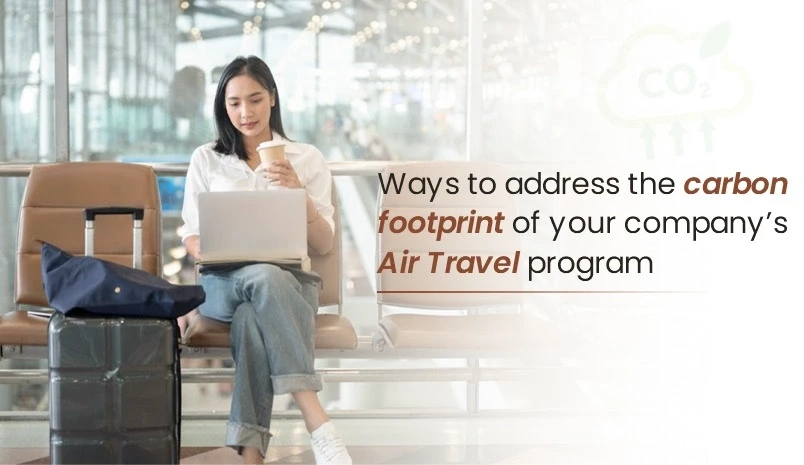Business travel is changing fast. Hotels were once the first choice for every trip. Now, a new option has entered the scene. Airbnb stays are no longer just for tourists. Many are now designed for business travelers. These homes and apartments promise comfort, privacy, and convenience. But the big question remains. Can they really compete with hotels?
Corporate accommodation used to mean a standard hotel room. Business travelers valued predictability. They wanted clean rooms, quick check-ins, and a safe environment. While hotels still offer all of this, today’s professionals are asking for more. They want space to work, cook, and relax. They want the feel of home even when traveling for work. This shift in demand is why Airbnb has gained ground in the business travel market.
Airbnb noticed this change early. The platform now promotes listings that are business-ready. These properties offer strong Wi-Fi, desks, and self-check-in. Many come with full kitchens and laundry. This appeals to travelers who stay longer or who travel often. A hotel room can feel limiting after a week. An apartment feels more natural. It helps business travelers manage their routine without losing productivity.
Flexibility is one of the strongest reasons for Airbnb’s growth in the business segment. A hotel room is uniform. A business-ready Airbnb can be a studio in the city center or a villa on the outskirts. This allows companies to tailor stays to the needs of their staff. For teams traveling together, a larger home can reduce costs and create a shared working environment. This flexibility makes Airbnb a real challenger to the traditional idea of corporate accommodation.
Hotels often carry fixed costs. Daily rates, extra charges for laundry, meals, or meeting space can add up. Airbnb stays often include more in the base price. A kitchen lets guests cook. A washer reduces the need for hotel services. For long stays, these savings can be significant. Businesses looking to cut costs find this appealing. Corporate accommodation is no longer about just a bed and breakfast. It is about value, and Airbnb can deliver it.
Despite Airbnb’s rise, hotels hold certain strengths. Many offer loyalty programs. These are attractive for frequent travelers. Hotels also ensure round-the-clock service. If something breaks, help is immediate. Security measures are stronger, too, which gives peace of mind. For some companies, this reliability outweighs the added benefits of Airbnb. That is why hotels remain a strong choice in corporate accommodation.
Hotels dominate prime city locations near airports and business hubs. Airbnb stays are spread out. Some are central, but many are in residential areas. For short work trips, proximity matters. A business traveler might prefer a hotel near a convention center. But for longer projects, an Airbnb in a quieter neighborhood could feel better. This difference shows how both models have their place.
India is a growing hub for business travel. Cities like Mumbai and Ahmedabad attract professionals from across the world. The demand for comfortable stays is high. Corporate accommodation Mumbai has long been about luxury hotels. They offer prestige and convenience for senior executives. But younger professionals are open to Airbnb stays that are modern and cost-friendly.
In Gujarat’s capital, corporate accommodation Ahmedabad is seeing the same shift. Hotels still serve many, but Airbnb stays are rising. They offer space for project teams and longer stays at affordable rates. Businesses are starting to blend both choices depending on the nature of the trip.
This is where companies like SKIL Travel play a key role. Businesses do not want the stress of comparing hotels and Airbnb listings. They want trusted travel partners who can manage it all. SKIL Travel helps organizations choose the right option. Sometimes a hotel is best. Other times, Airbnb offers more comfort for less cost. By handling the details, travel partners help companies focus on their core work.
One challenge for Airbnb is consistency. Hotels follow strict standards. An executive knows what to expect at a five-star chain. Airbnb relies on individual hosts. While reviews help, quality can vary. This is why many businesses remain cautious. However, Airbnb has improved its screening. Verified listings, business-ready tags, and 24/7 support are now in place. These steps reduce risk and bring Airbnb closer to hotel standards.
Hotels are built for service. Staff greet you, carry your bags, and handle requests. Airbnb stays often lack this. Some travelers see it as a drawback. Others see it as freedom. Business-ready stays focused more on independence. For the modern traveler who prefers privacy and self-service, this can be a plus. It all depends on personal preference.
The simple answer is no. At least, not fully. Hotels and Airbnb serve different needs. Hotels shine in short stays, premium service, and security. Airbnb excels in long stays, flexibility, and cost savings. Together, they are shaping the new face of business travel. Companies must decide on a case-by-case basis which works best.
The future of corporate accommodation will not be one-sided. Hotels are adapting by offering apartment-style rooms and extended stay services. Airbnb continues to refine its business model with stricter standards. Both are learning from each other. For travelers, this means more choice and better value.
The rise of business-ready Airbnb stays has changed the travel market. They bring comfort, flexibility, and savings. Yet hotels continue to dominate with service and security. The two models are not enemies but complements. Smart businesses will use both depending on the need. With partners like SKIL Travel guiding the way, organizations can make informed choices that suit every trip.

Business trips are changing fast. People no longer just fly in and fly out for a meeting. They ar...
- 11 February 2026 | by Kuldeep
Business trips are a huge part of the global economy. Many companies send employees to different ...
- 09 February 2026 | by Kuldeep
Many companies spend a lot of money on trips. They want to know if this money helps the business ...
- 05 February 2026 | by Heena saini
Business trips are a vital part of growth. They help build trust with clients and partners. They ...
- 19 January 2026 | by Kuldeep
Business travel is a vital part of the modern world. It helps people meet face-to-face. It builds...
- 23 January 2026 | by Kuldeep